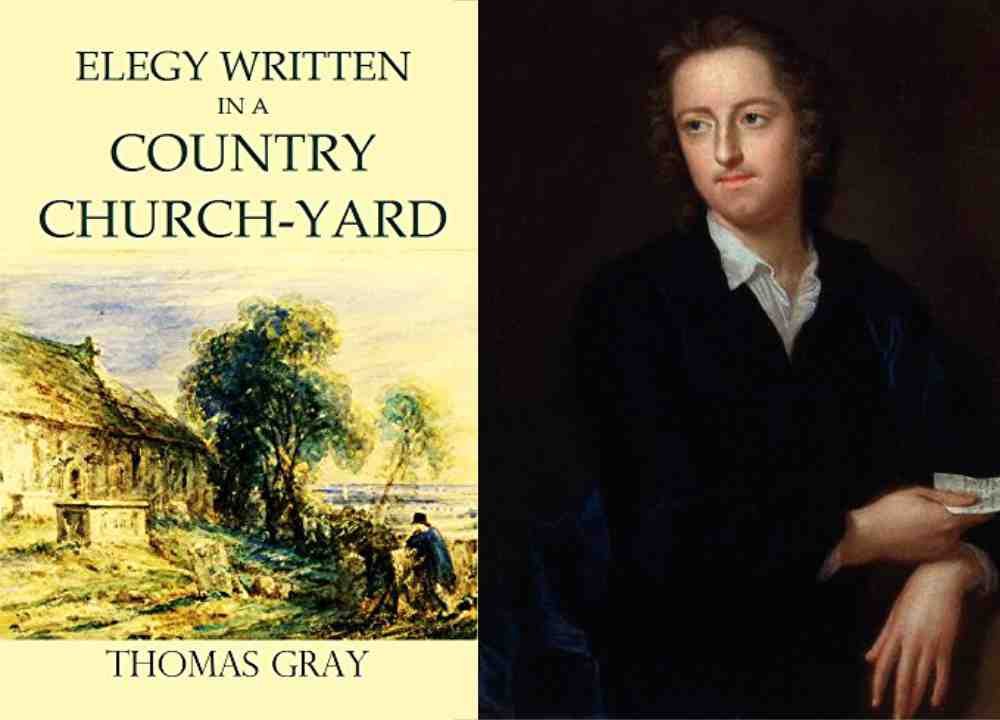In literature, few names resonate as profoundly as William Shakespeare. Revered for his unparalleled contribution to the English language, Shakespeare’s writing style is a masterpiece that has stood the test of time. From his intricate use of language to his powerful portrayal of human emotions, each aspect of his writing holds an enduring charm. In this comprehensive article, we will delve into the artistry of Shakespeare’s writing style, explore its intricacies, and uncover its influence on literature throughout the centuries.
Shakespeare Writing Style: Unraveling the Craft
Table of Contents
Shakespeare’s writing style is characterized by a unique blend of poetic language, dramatic expression, and thematic depth. Understanding the elements that define his writing can provide valuable insights into the art of crafting masterful literary works.
Eloquence and Poetic Diction
Shakespeare’s plays and sonnets are renowned for their eloquence and poetic diction. The bard’s mastery lies in infusing ordinary dialogue with lyrical beauty. He employed a rich vocabulary and a seamless integration of metaphors, similes, and alliterations that painted vivid images in the minds of his audience.
Versatility of Genres
One striking feature of Shakespeare’s writing style is his versatility across various genres. From tragedies like “Hamlet” and “Macbeth” to comedies like “Twelfth Night” and “A Midsummer Night’s Dream,” Shakespeare’s adeptness in different genres showcased his prowess as a playwright.
Character Development
The depth of Shakespeare’s characters is a testament to his exceptional writing. Each character is meticulously crafted, with complex motives and emotions. His characters are not merely players in a story but represent profound reflections of human nature, making them relatable and timeless.
Themes of Love and Tragedy
Love and tragedy form the cornerstone of Shakespeare’s writing style. His exploration of love in its various forms, romantic, respectful, or platonic, resonates with readers of all generations. Additionally, the portrayal of human flaws and the inevitability of fate in his tragedies evoke powerful emotions that continue to stir hearts.
Use of Soliloquies
Shakespeare’s use of soliloquies allows readers and audiences to glimpse into the characters’ minds, revealing their innermost thoughts and conflicts. These introspective monologues add depth and complexity to the narrative, making it more engaging and thought-provoking.
Influence of Historical Context
Shakespeare’s writing is profoundly influenced by his time’s historical and social context. He drew inspiration from contemporary events, folklore, and classical works, infusing his plays with cultural significance and timeless relevance.
Language Evolution and Neologisms
Shakespeare’s writing contributed significantly to the evolution of the English language. Shakespeare coined many words and phrases that are commonplace today or first recorded in his works, making him a linguistic pioneer.
Use of Iambic Pentameter
The rhythmic pattern of iambic pentameter became synonymous with Shakespeare’s writing. This meter, consisting of ten syllables per line with alternating stress, adds musicality and elegance to his verses.
Theatrical Devices and Stagecraft
Shakespeare’s plays were designed for performance on the stage, leading to the incorporation of various theatrical devices and stagecraft techniques. These elements contribute to the immersive experience of his works when performed live.
Impact on Modern Literature and Culture
Shakespeare’s writing style has indelibly impacted modern literature and culture. His themes, characters, and phrases continue to be referenced, adapted, and celebrated in various art forms, including literature, theater, film, and music.
Shakespeare’s Writing Style in Action
- To truly grasp the brilliance of Shakespeare’s writing style, let’s explore excerpts from some of his most celebrated works:
- “To be, or not to be, that is the question” – Hamlet.
- In this iconic soliloquy, Hamlet contemplates the meaning of life and the consequences of existence. The profound introspection and philosophical musings exemplify Shakespeare’s ability to delve into the complexities of the human psyche.
- “All the world’s a stage, and all the men and women merely players” – As You Like It
- This metaphor from “As You Like It” encapsulates the idea that life is akin to a theatrical performance, underscoring Shakespeare’s penchant for using vivid imagery to convey profound truths.
- “Love looks not with the eyes, but with the mind, And therefore is winged Cupid painted blind” – A Midsummer Night’s Dream.
- In these lines, Shakespeare beautifully expresses the transcendence of love beyond the physical realm, showcasing his poetic brilliance and exploration of profound emotions.
- FAQs about Shakespeare’s Writing Style
- What Makes Shakespeare’s Writing Style Stand Out? Shakespeare’s writing style stands out due to its poetic eloquence, genre versatility, and profound character development.
- What Themes Are Commonly Explored in Shakespeare’s Works? Shakespeare’s works often explore themes of love, tragedy, human flaws, fate, and the impact of historical context on individuals.
- How Did Shakespeare Influence the English Language? Shakespeare introduced numerous words and phrases into the English lexicon, contributing significantly to the evolution of the language.
- What Makes Shakespeare’s Characters Timeless and Relatable? Shakespeare’s characters are crafted with depth and complexity, reflecting universal human traits and emotions.
- What Theatrical Techniques Did Shakespeare Employ? Shakespeare incorporated soliloquies, iambic pentameter, and various theatrical devices to enhance stage performances.
- What Is the Legacy of Shakespeare’s Writing Style? Shakespeare’s writing style inspires and influences modern literature, theater, and cultural expressions worldwide.
Conclusion
William Shakespeare’s writing style remains an enduring testament to the power of language, emotion, and storytelling. His unparalleled contribution to literature has enriched the world’s cultural heritage and continues to inspire writers and readers alike. As we delve into the brilliance of his writing, we are reminded that Shakespeare’s work is not just a reflection of his time but a timeless masterpiece that transcends generations. So, let us continue to celebrate and cherish the magic of Shakespeare’s writing style, embracing its legacy with awe and reverence.





